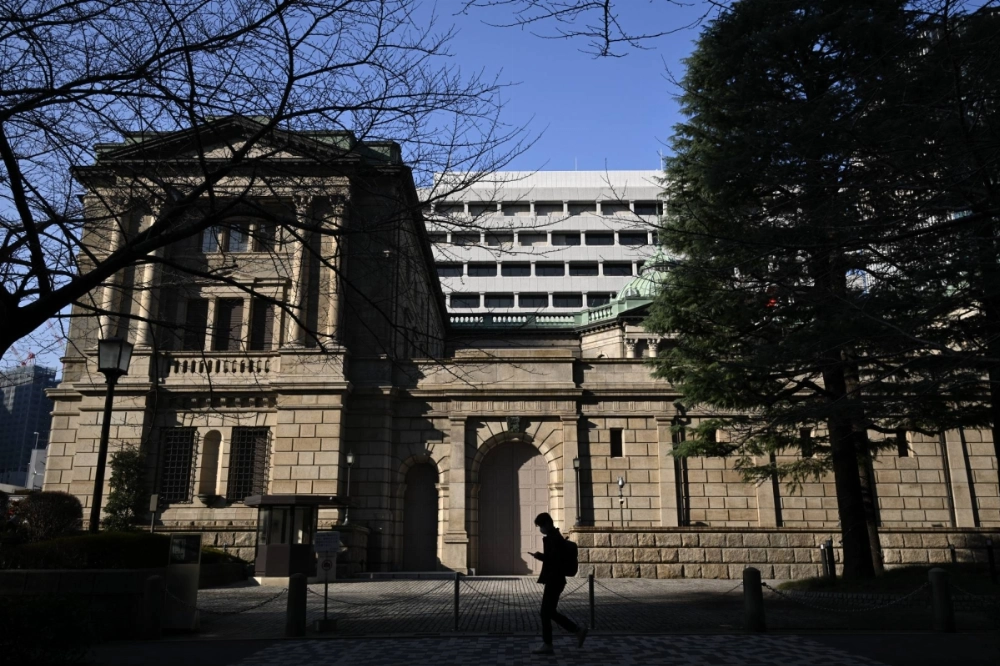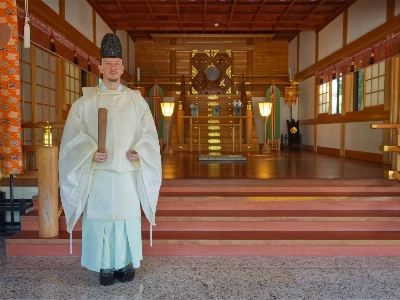Prime Minister Shigeru Ishiba’s government nominated a female academic to join the Bank of Japan’s policy-setting board at the end of March.
The government picked Waseda University professor Junko Koeda, 49, in Ishiba’s first selection for one of nine seats on the BOJ board, according to a document released to reporters in parliament in Tokyo on Tuesday.
The nomination is to replace Seiji Adachi, a former private economist, after his five-year term ends on March 25.



















With your current subscription plan you can comment on stories. However, before writing your first comment, please create a display name in the Profile section of your subscriber account page.